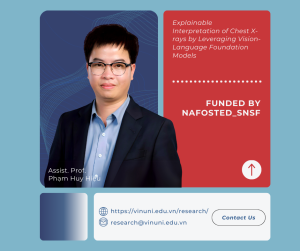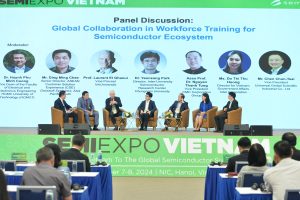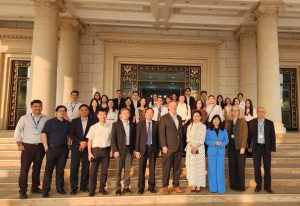Vγ9γδ T Cell Induction by Human Umbilical Cord Blood Monocytes-Derived, Interferon-α-Stimulated Dendritic Cells
Abstract
Dendritic cells (DC) are professional antigen-presenting cells that activate T cells to kill cancer cells. The extracellular products of DCs have also been reported to perform the same function. In this study, we examined the in vitro differentiation of umbilical cord blood monocytes into DCs in the presence of GM-CSF, and interferon (IFN)-α. The resulting DC population (called IFN-DCs) were then matured in the presence of TNF-α, and pulsed with total protein extracted from A549 cancer cell line. The pulsed DCs and their conditioned medium were then used to stimulate allogeneic lymphocytes (alloLym). The proliferation and cytotoxicity of alloLym were then determined. The results showed that after 5 days of differentiation, the stimulated monocytes had the typical morphology and characteristic surface markers of DCs. Both unpulsed and pulsed IFN-DCs can induce the proliferation of alloLym, especially Vγ9γδ T cells. The conditioned medium from pulsed and unpulsed IFN-DCs culture also prompted the growth of Vγ9γδ T cells. Moreover, alloLym stimulated with pulsed DCs and their conditioned medium had a greater cytotoxic effect on A549 cells than the ones that were not stimulated. Our results indicated that IFN-DCs and their conditioned medium could induce the anti-tumor immunity in vitro, providing evidence for application of cord blood monocytes-derived, interferon-α- stimulated dendritic cells and their extracellular products in anti-cancer therapy.
Authors: VinUniversity Affiliated Faculty and other authors
Read more about the article here



